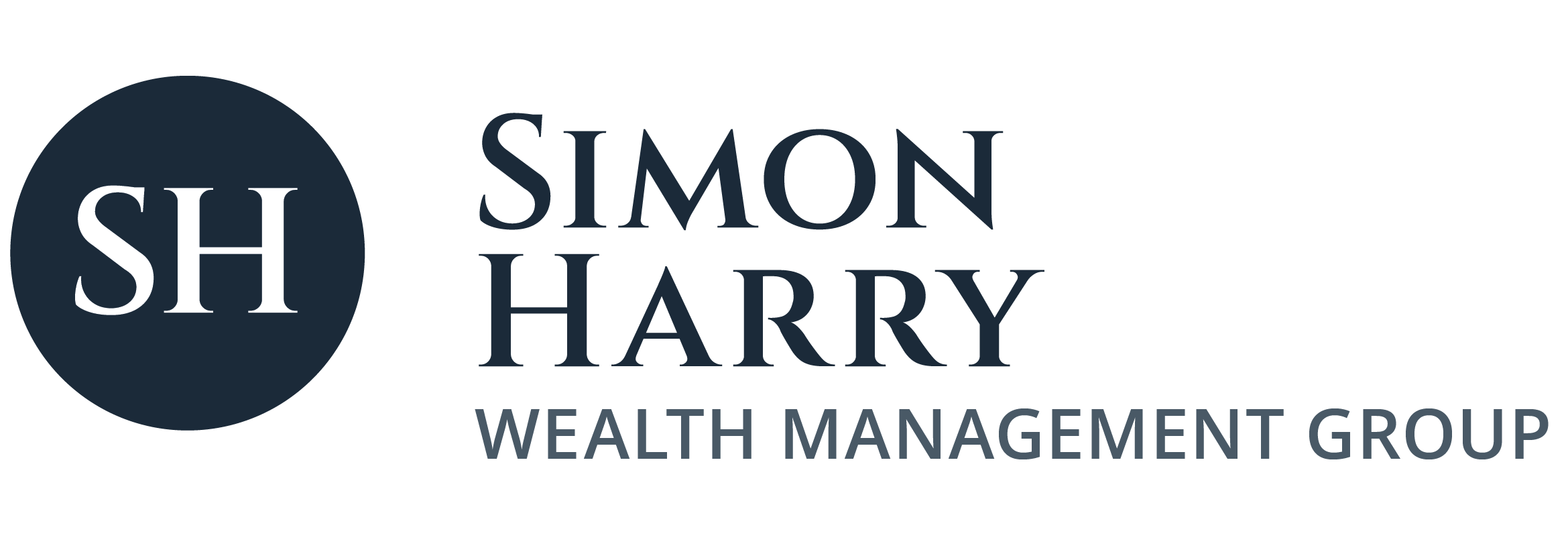
I authored this piece as a guest contributor for the financial strategy site, Breaking Bank.
We may be living through one of the most important financial shifts of our lifetime. Amid the visible upheaval in global markets, a quieter and equally significant pivot may also be taking hold—a generational turn from passive to active investing.
Since the turn of the millennium, global capital markets have been powered forward by two complementary forces: trust and passive investing. It was trust in the United States as a safe, stable steward of the global economy. Trust that markets are rational and fair. And trust that the simplest, most reliable way to grow your money is to invest in a diversified passive index fund.
But that era may be over.
The Trade War That Shook Global Markets
A new trade war, sparked by the United States, has begun to change the financial landscape in ways that are hard to overstate. In the eyes of many global investors, trust in the U.S. has been broken, perhaps permanently. And when it comes to financial markets, trust isn’t just important. It’s everything.
Without trust, markets seize up. Confidence fades. And most importantly: money moves.
Large pools of capital such as pensions, sovereign wealth funds, and global institutions are beginning to rethink their exposure to U.S. assets. That means we could be at the beginning of a prolonged and consistent outflow of capital from American markets. In plain terms: foreign money may start leaving.
Why That Matters More to Markets Than You Think
In today’s world, most money isn’t managed by stock-picking experts anymore. Instead, most of the money is managed by index funds. Index funds are passive investments, and they don’t ask questions about where money should go. Their only job is to track a set list of stocks, often indexes like the TSX 60 or the S&P 500.
The idea behind passive investing is that it’s cheap, simple, and reliable over the long run. But here’s the catch: all the purchases and sales are done irrespective of price. When money enters or leaves passive funds, it doesn’t discriminate. There is no thought behind transactions. Passive funds don’t sell the bad stuff and keep the good stuff. Passive funds just sell. Or they just buy.
And here’s what happens as a result:
- When markets go down, good companies are sold off right along with the bad.
- When markets go up, overvalued stocks keep getting bought. And the more overvalued they become, the larger their weight becomes in the index. The larger their weight, the more money flows into them. And the cycle continues.
- This can distort valuations—causing solid businesses to fall more than they deserve, and overvalued stocks to stay inflated longer than justified.
In a rising tide, passive investing lifts all boats even those that are not seaworthy. But in a falling tide, it can sink them all, regardless of merit.
Why Active Management Matters Again
This is why the current moment feels like a paradigm shift, as if there is a complete change in how markets behave.
If global capital continues to exit U.S. markets, and passive funds are forced to sell indiscriminately, stock prices may become more detached from reality than ever before. It will take careful judgment—not algorithms—to find value in the chaos. And there is value to be found.
This is where proficient, seasoned active managers who rely on research, insight, and experience may finally return to prominence.
For the past 15 years, as passive investing has become more common than active investing, many passive index investments have performed very well. The tide was rising thanks to governments intervening to support markets over the years. The market boomed on the back of ever-lower interest rates, central bank money printing, and broad optimism. Index funds became the preferred way to invest, offering exposure without the need for large amounts of tedious analysis.
But in our new world where trust has been and continues to be broken, the “set-it-and-forget-it” approach may disadvantage investors as volatility returns with a vengeance.
What Investors Can Do
This isn’t a call to panic. It is a call to pay attention.
If you’re invested in index funds, know what you own and why you own it. Understand that in an environment where capital is leaving the market, prices may not behave in the way you are used to. Strong businesses could see their stock prices fall, while already expensive companies may stay propped up longer than makes sense.
And above all, consider that this is a market where active decision-making is becoming more and more important. This isn’t just about returns. It’s about intention and understanding.
The Bottom Line
Markets are built on trust. And when trust goes, everything changes. We may be entering an era of selective capital, rising volatility, and a growing mismatch between passive investment strategies and the realities of today’s markets.
The old playbook is being rewritten. The question now is: are you prepared for the new one?
